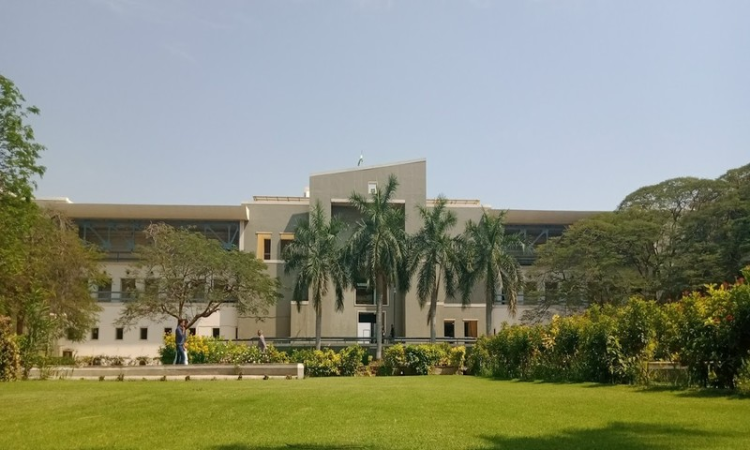Difference Between Article 226 & Article 227 Of Constitution: Gujarat High Court Explains
PRIYANKA PREET
27 Jan 2022 1:24 PM IST

Next Story
27 Jan 2022 1:24 PM IST
The Gujarat High Court has recently held that the High Court must exercise its Supervisory powers under Article 227 of the Constitution sparingly.Justice Ashok Kumar C. Joshi also discussed the difference in the exercise of jurisdiction under Articles 226 and 227 in detail. Justice Joshi termed the exercise of power under Article 227 as 'discretionary' while the jurisdiction under Article 226...
